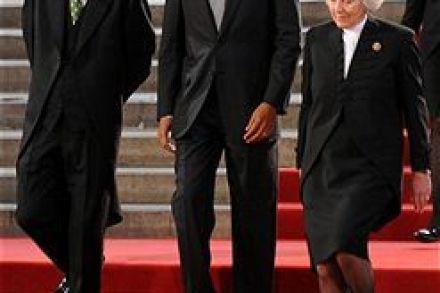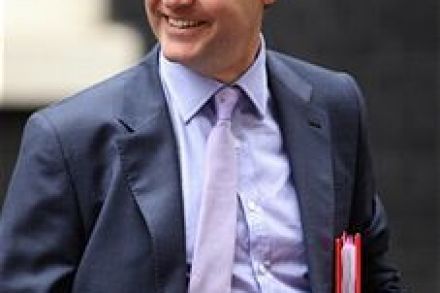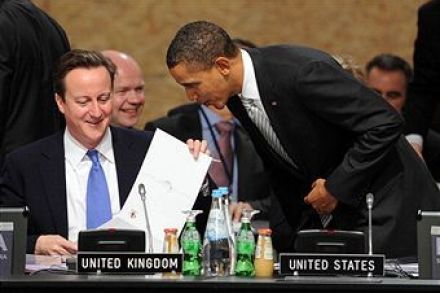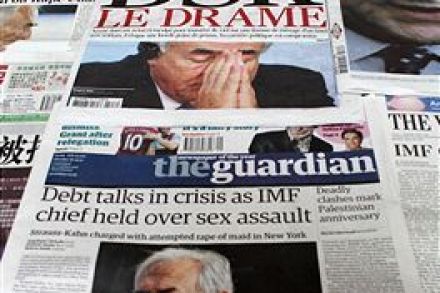Britain’s other, bigger debt problem
And what about the other sort of debt? We spend so much time harrumphing about the national debt that an important point is obscured: personal debt, the amount owed by individuals, is even higher. I wrote an article on the subject for a recent issue of The Spectator, as well as the Thunderer column (£) for last Saturday’s Times. But, really, a piece in the latest Spectator (subscribers here) by Helen Wood — the former prostitute who transacted with Wayne Rooney, as well as with a “married actor” who has slapped her with a superinjunction — puts voice to the problem in blunter fashion. “My mistake,” she writes, “was to

















